Music has a profound impact on brain development in early childhood.
Studies have shown that engaging with music from a young age can enhance various areas of a child's development. From cognitive skills to literacy and numeracy, music can provide a significant advantage for children in their early years. In this article, we will explore the neuroscience behind the benefits of music, the impact on different areas of development, and practical ways to incorporate music into early years provision.
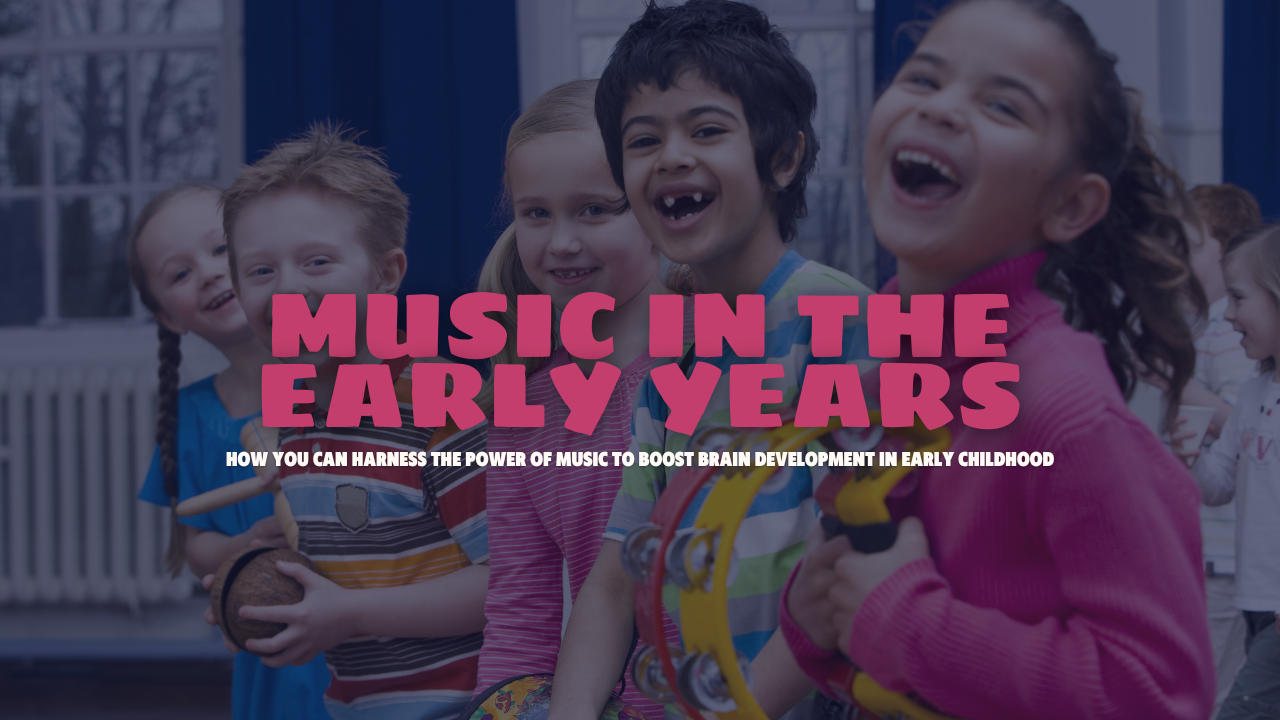
The Neuroscience of Music in Early Brain Development
Early years music-making activities have been found to engage various areas of the brain simultaneously. This multisensory experience activates the motor, visual, and auditory cortices, fostering holistic brain development. Research conducted by Harvard neuroscientist Gottfried Schlaug and his team has shown that learning music before the age of seven enhances the neural connections in the corpus callosum, the bridge between the brain's hemispheres. This improved communication between the two sides of the brain leads to higher executive function and cognitive abilities.
Moreover, music education has been found to raise general cognitive function, commonly known as the "musician's advantage." The earlier children are exposed to music-making opportunities, the better the outcomes. Musical training during sensitive periods in auditory brainstem development intensifies neural function and plasticity. This effect is especially prominent in 2-5-year-olds, indicating the significance of early exposure to music in brain development.
The Astonishing Influence of Music on Brain Growth in Children
1. The Creation of More Neural Connections
Recent research has disclosed that early musical training, especially before the age of seven, leads to heightened brain plasticity, resulting in an increased number of neural connections and synapses. These modifications have been directly associated with better rhythm perception, auditory discrimination, and enhanced near-transfer effects on attention, working memory, and task switching. Furthermore, early exposure to music has been linked to improved far-transfer effects in areas such as verbal intelligence and executive functions, even suggesting better academic performance
2. The Effect on the Pre-frontal Cortex
Pioneering studies have leveraged the use of brain imaging technology to examine the impacts of music on the pre-frontal cortex. One such study engaged infants in a series of music sessions over a period of twelve weeks. The research revealed that infants who had been exposed to music exhibited significantly larger mismatch responses (MMR), indicative of improved neural processing of temporal structure changes in both music and speech.
3. Comprehensive Brain Development
As children learn to create music, for example, by playing an instrument, both hemispheres of the brain develop connections necessary for improved coordination. This is because creating music not only activates the auditory cortex but also engages other areas of the brain, such as those that govern linguistic and mathematical precision, creativity, and the fine motor skills needed to hold and play instrument. Over time, as children learn and practice music with their teachers and peers, they gain important lessons in emotional and social skills as well.
The Contrast Between Playing Music and Listening to Music
Creating music has an even more profound impact on the brain than simply listening to it. This is because making music demands creativity, precision in language and mathematics, and fine motor skills, all of which engage different parts of the brain. Utilising these abilities entails creating a bridge between the two hemispheres of the brain, which facilitates quicker and more diverse information travel through the brain.
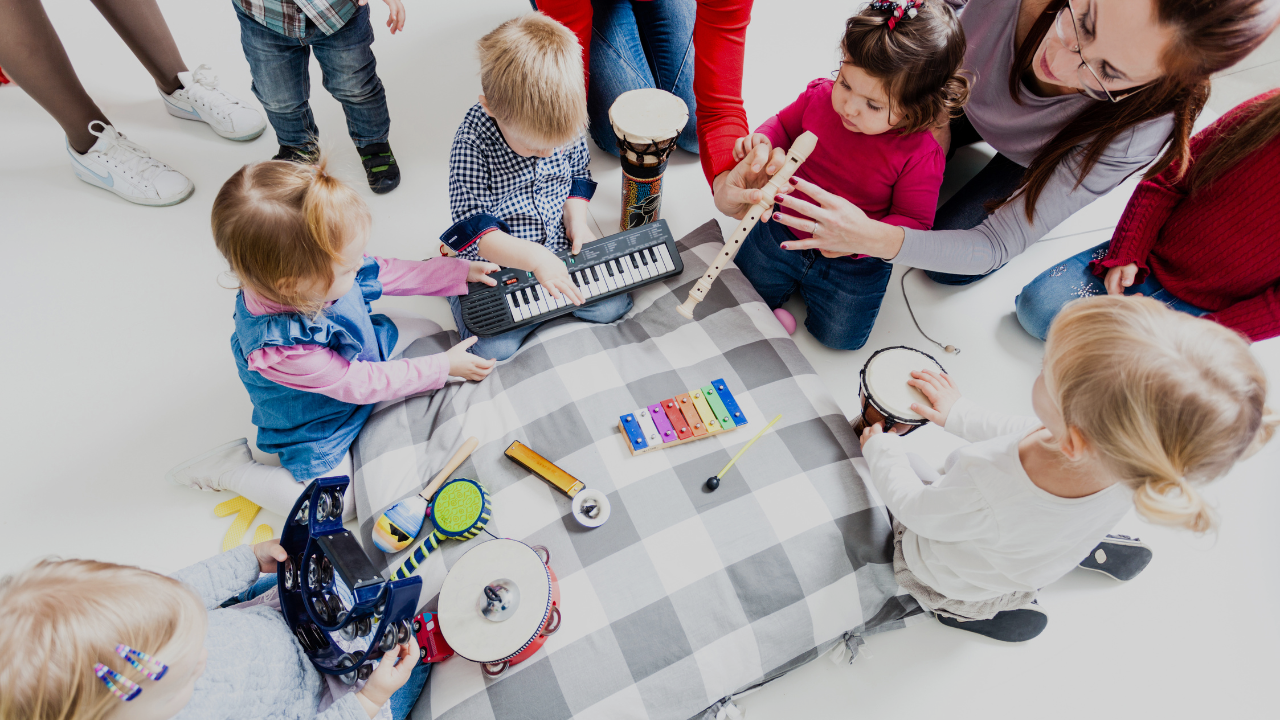
The Myriad Benefits of Music
The power of music extends beyond cognitive development and has been found to have several benefits:
1. Emotional Regulation and Stress Reduction
Music naturally delights and engages most children. It is known to lower stress levels and enhance emotions. Sad music, in particular, can be beneficial because it helps children connect with their emotions.
2. Chemical Boost
Music has been found to stimulate the production of brain chemicals like oxytocin and dopamine. These chemicals encourage children to share toys, empathise with others, and trust them.
3. Enhances Productivity and Concentration
Music has been known to boost productivity and improve concentration levels.
4. Boosts Grades and Learning
Several studies have found a strong correlation between music and improved grades and learning.
5. Develops Spatial Intelligence
Music has been found to develop spatial intelligence, laying a foundation for an interest in mathematics, engineering, computer science, and architecture.
6. Increases Creativity and Vocabulary
Music has been found to boost creativity and vocabulary in children.

Incorporating Music into Early Years Provision
Now that we understand the benefits of music on brain development, let's explore practical ways to incorporate music into early years provision. By integrating music into everyday activities, practitioners can create a stimulating and enriching environment for children.
1. Multisensory Music-Making Activities
Music is a multisensory experience, involving auditory, visual, and kinaesthetic learning. Engage children in music-making activities that stimulate all their senses. Encourage them to listen to different genres of music, experiment with various instruments, and explore movement and dance. Providing a variety of musical experiences allows children to engage with music in a holistic manner, enhancing their overall brain development.
2. Musical Statues and Dance
Games like musical statues promote physical development, spatial intelligence, and a sense of rhythm. Play different genres of music and have children dance freely, freezing when the music stops. This game encourages children to move to the beat, develop coordination, and learn about different styles of music. Dancing and moving to music also foster social interaction and cooperation among children.
3. Exploring Musical Moods
Introduce children to the emotional aspects of music by exploring different moods and expressions. Play a variety of songs and ask children how the music makes them feel. Encourage them to express their emotions through dance and movement. This activity enhances their understanding of emotions, empathy, and communication skills.
4. Music and Storytelling
Combine music with storytelling to engage children's imagination and language development. Use songs and rhymes to tell stories or create narratives with musical accompaniment. This activity not only enhances language skills but also sparks creativity and fosters a love for storytelling.
5. Nature-Based Music Activities
Take music-making activities outdoors to provide children with a rich sensory experience. Create nature shakers using recycled materials like plastic containers filled with stones, seeds, or twigs. Encourage children to explore the sounds of nature and incorporate them into their music. The outdoor environment offers opportunities for movement, exploration, and connection with the natural world.
6. Music and Cultural Diversity
Expose children to a variety of musical styles and traditions from different cultures. Incorporate music from various languages and communities to celebrate diversity. Encourage children to explore different instruments, rhythms, and melodies from around the world. This fosters cultural awareness, respect, and an appreciation for different musical expressions.
The Importance of Parental Engagement
Parents play a crucial role in supporting children's musical development. Encourage parents to engage in music activities with their children at home. Provide resources, such as songbooks and recordings, to help parents incorporate music into their daily routines. Encourage them to sing, dance, and play instruments together, creating a musical bond between parent and child. By involving parents, practitioners can extend the benefits of music into the home environment and reinforce the importance of music in early childhood development.
Conclusion
Music has the power to ignite all areas of child development, from cognitive skills to social and emotional well-being. Early exposure to music enhances brain development, language acquisition, literacy and numeracy skills, and overall cognitive function. By incorporating music into early years provision, practitioners can create a stimulating and enriching environment that promotes holistic development. Through multisensory music-making activities, dance, storytelling, and exploration of different musical genres, children can experience the transformative power of music and unlock their full potential. So, let's embrace the power of music and nurture the young minds of our children through the universal language of melody and rhythm.

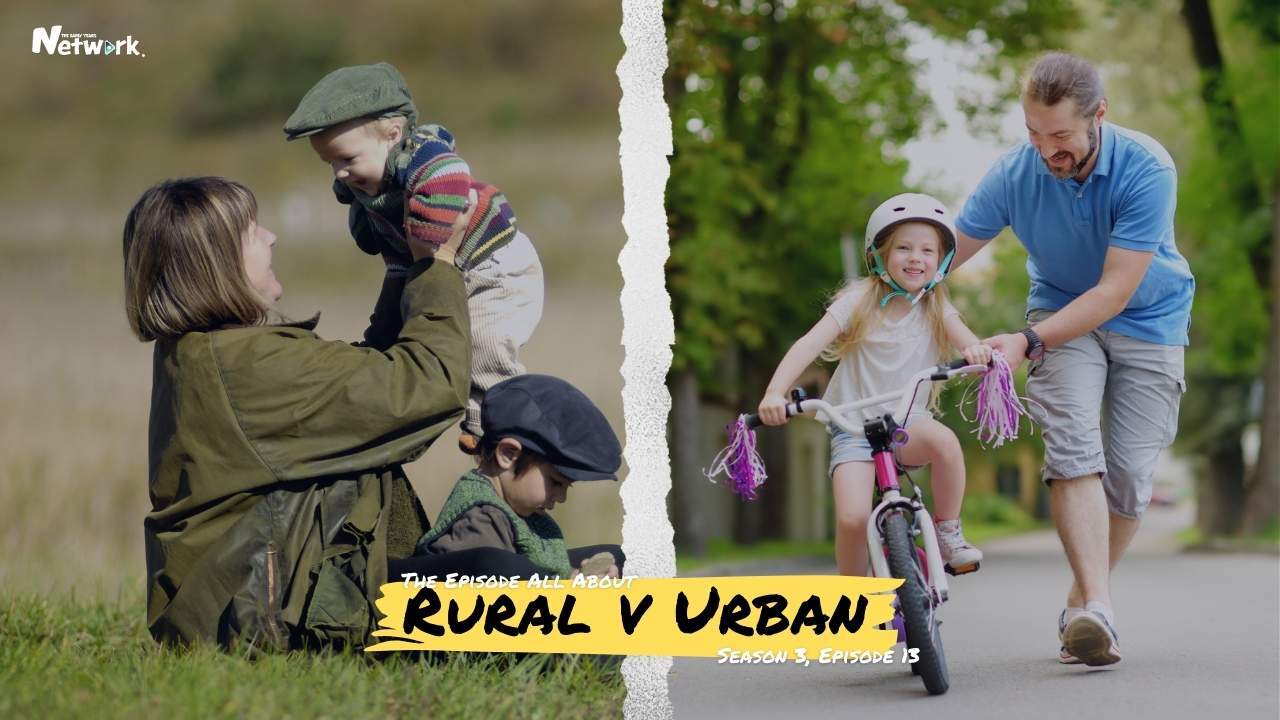
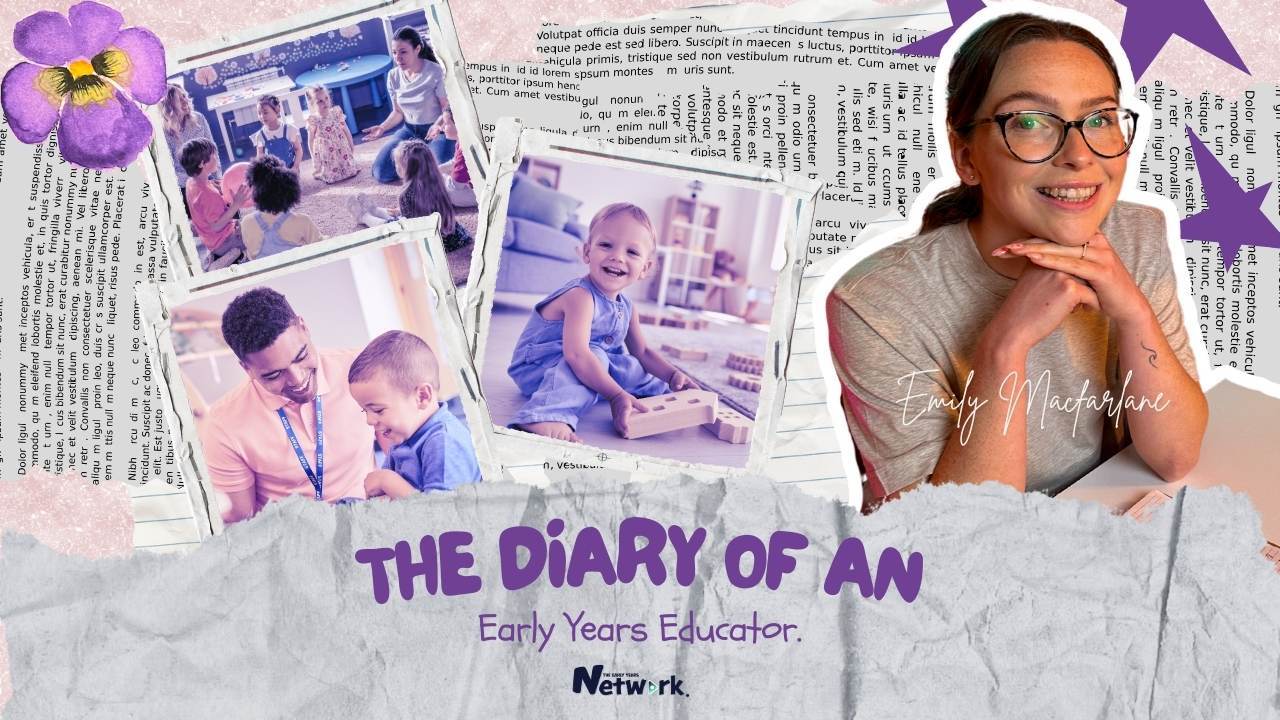

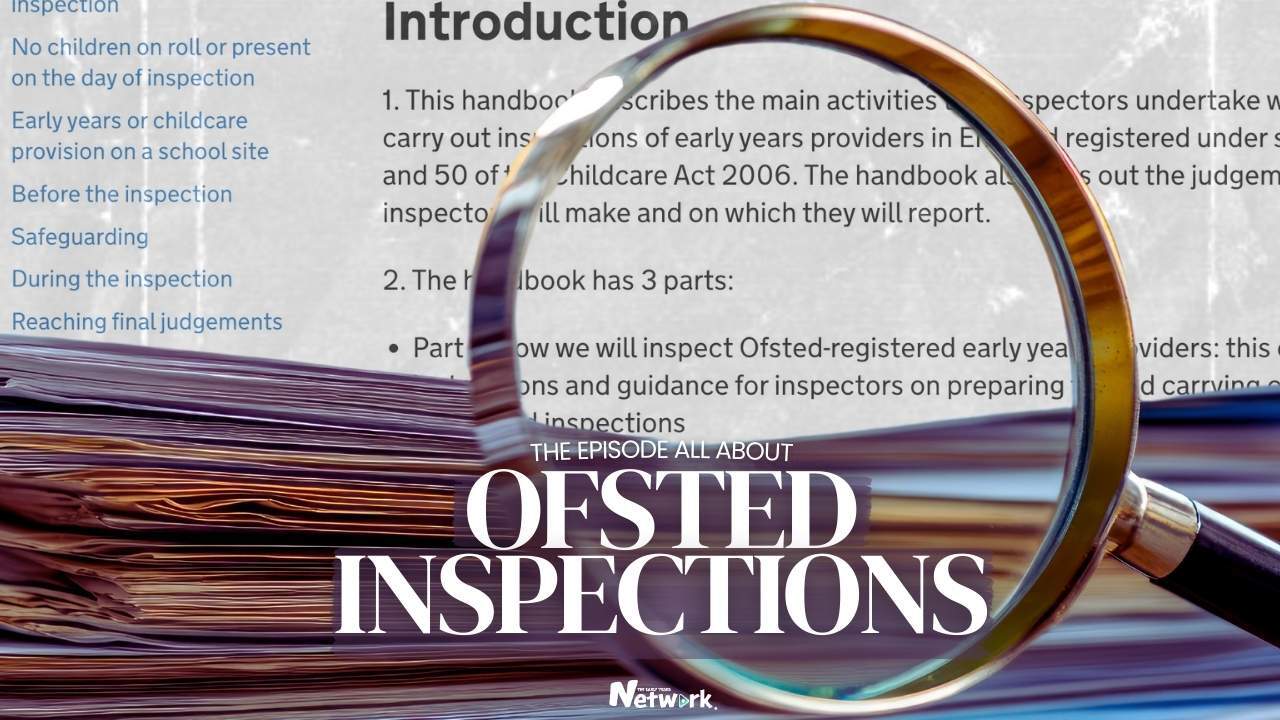
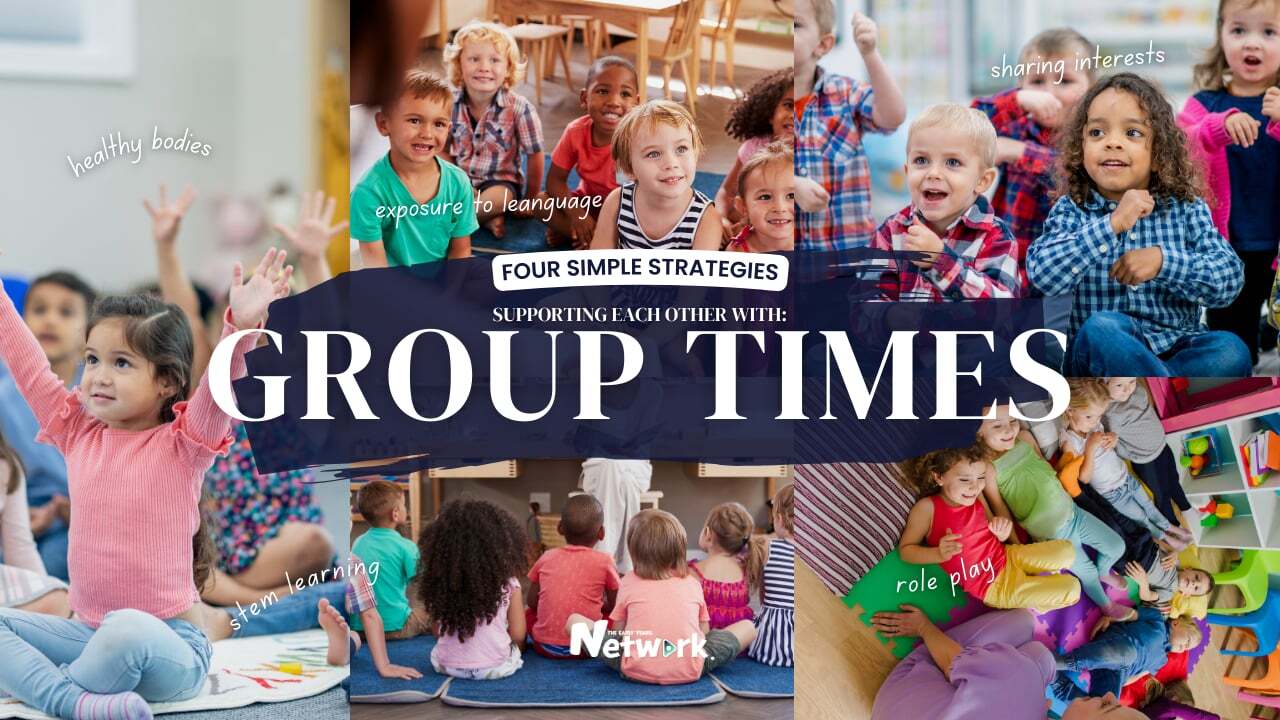
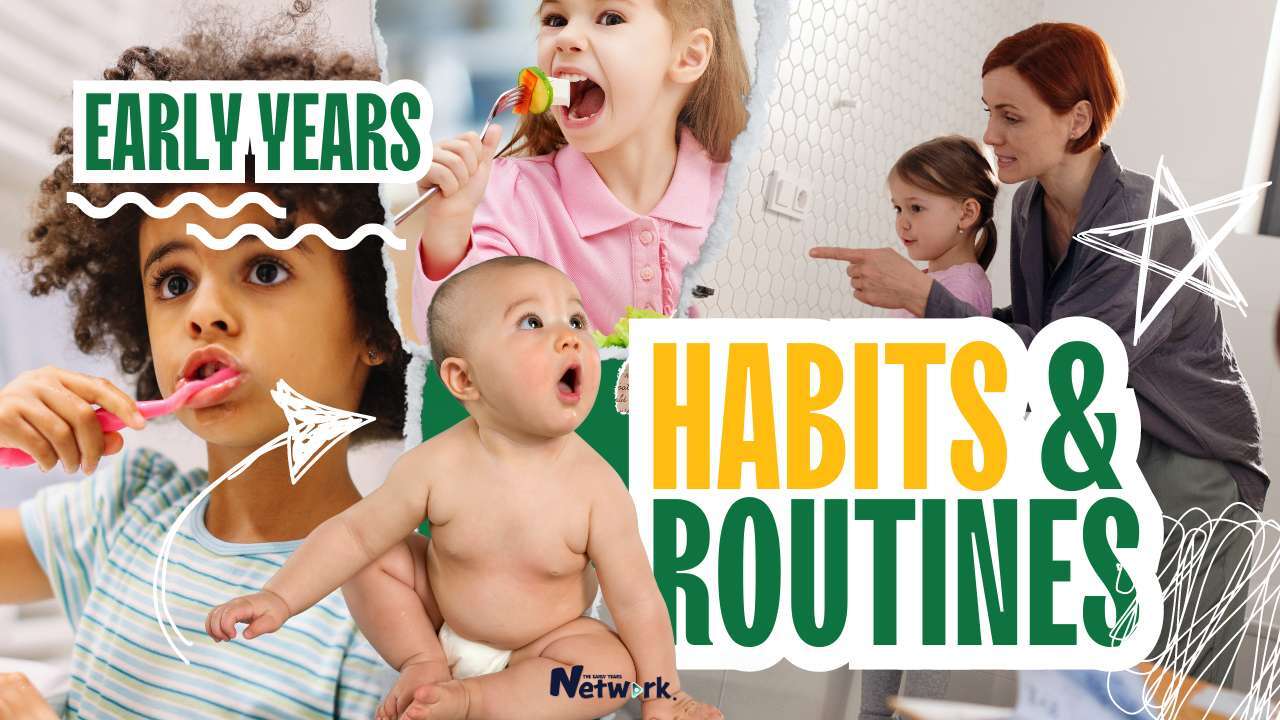
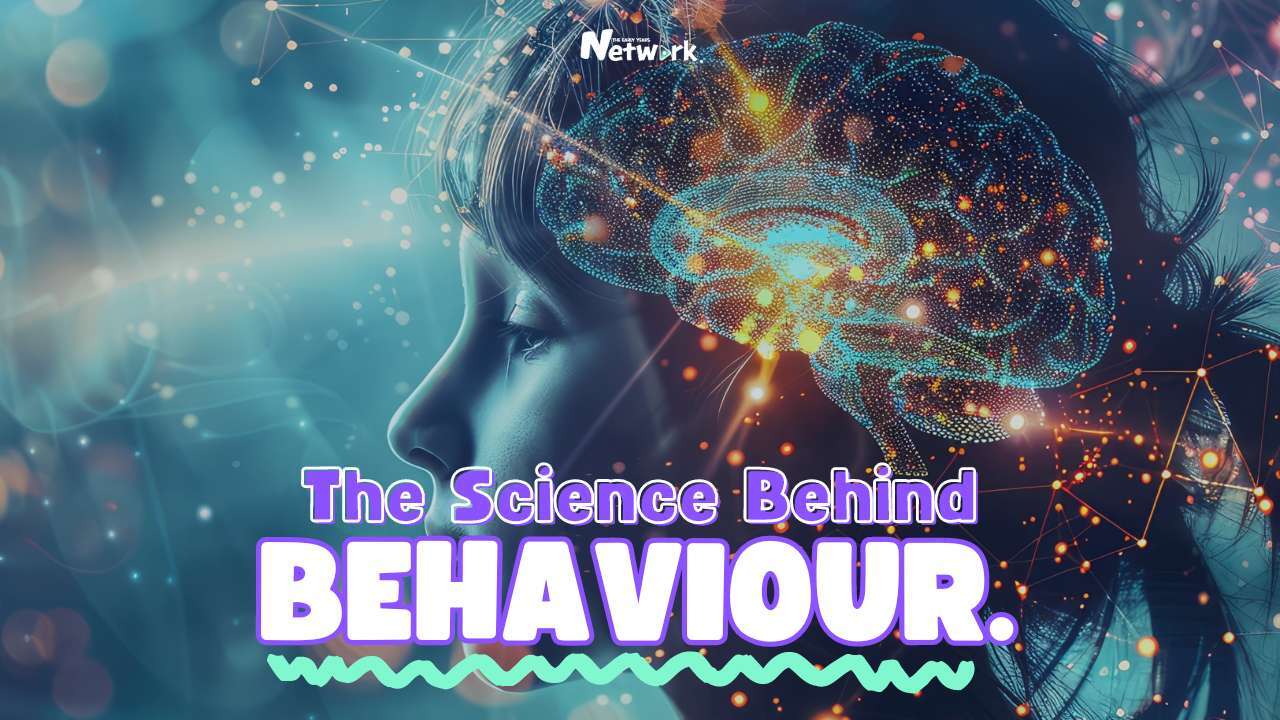

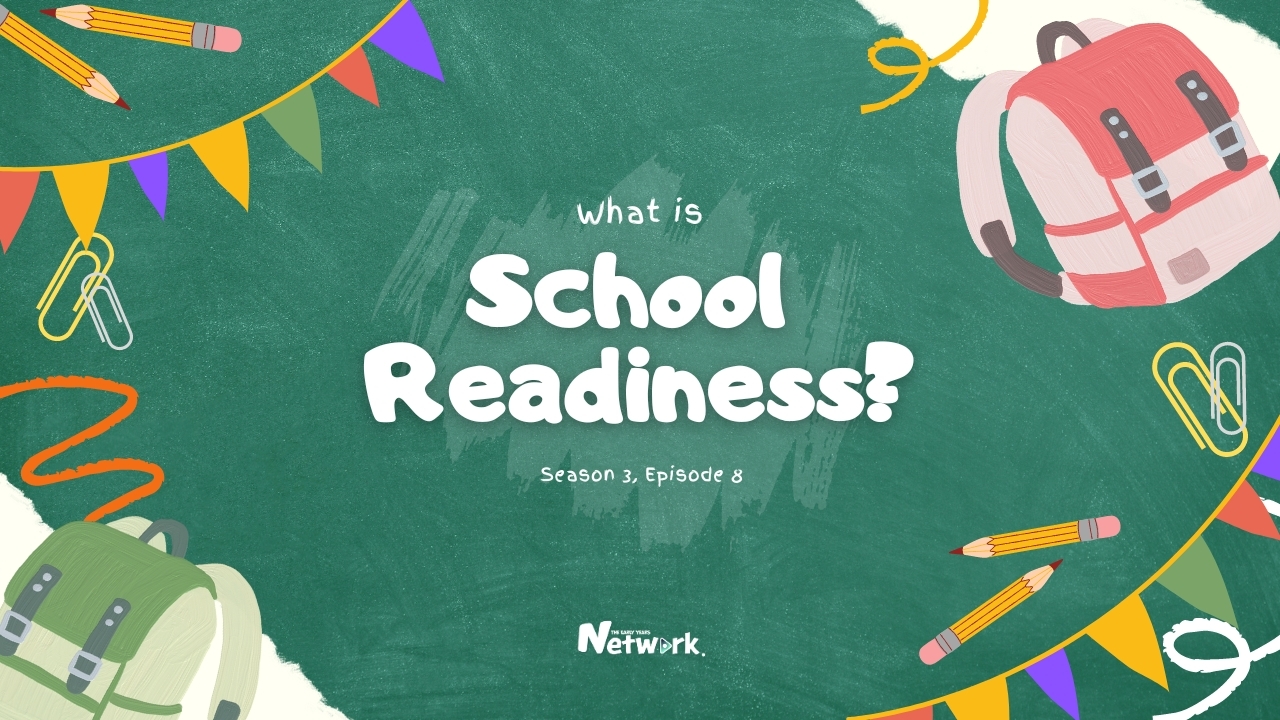

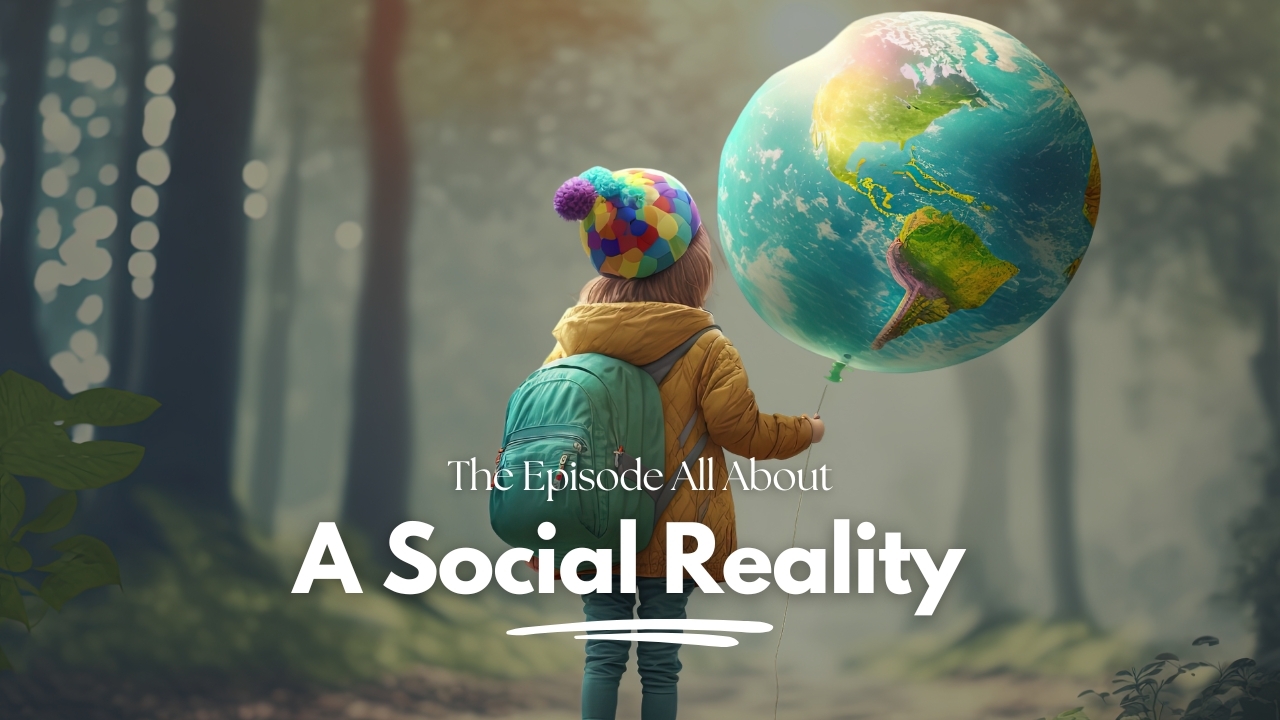
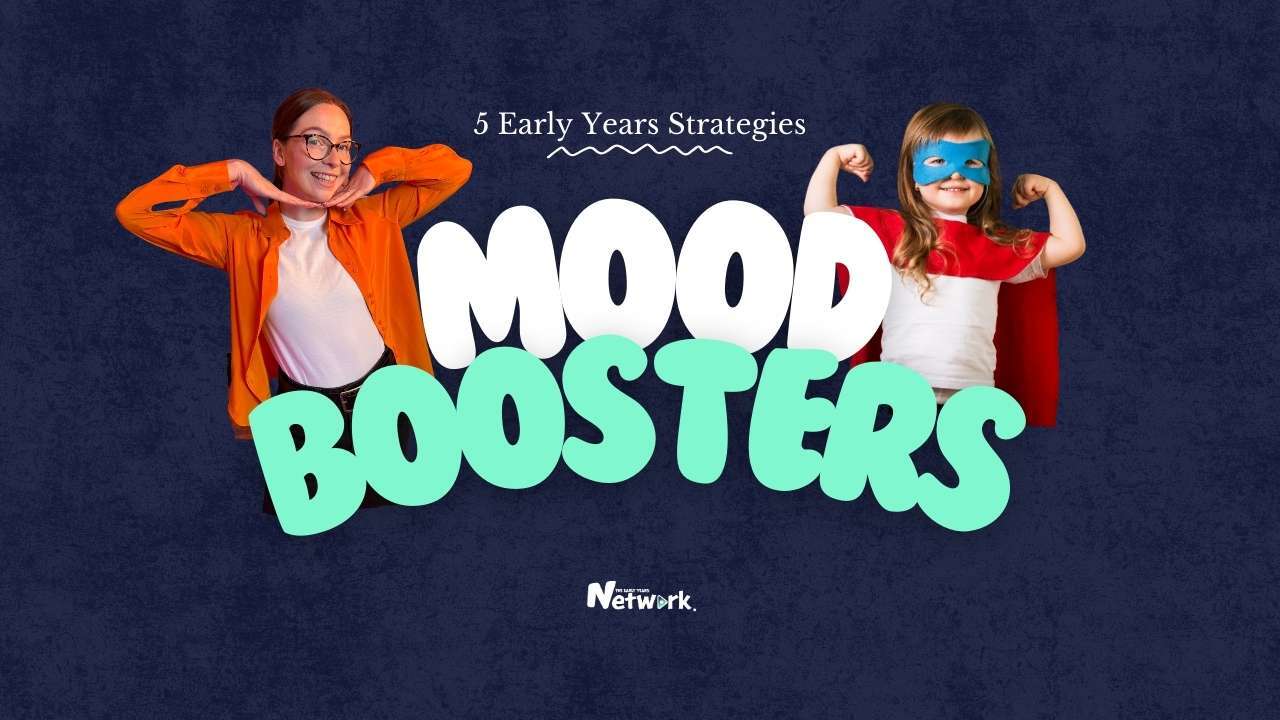


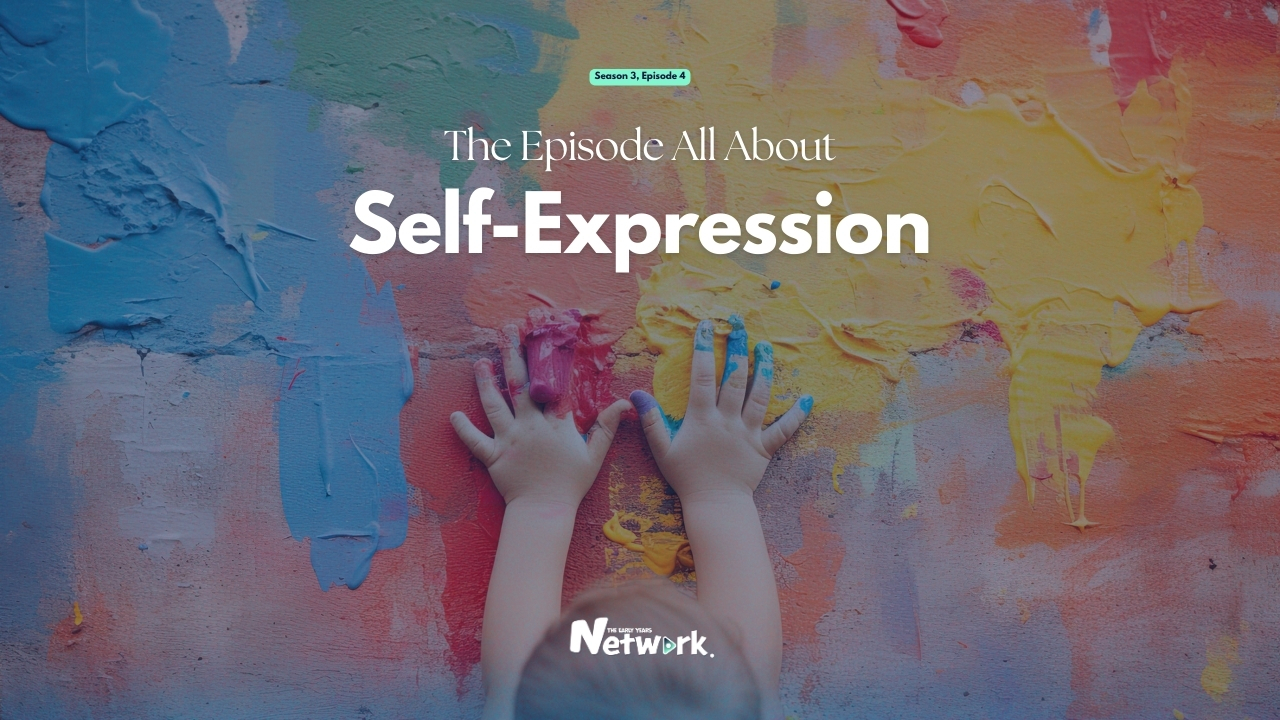
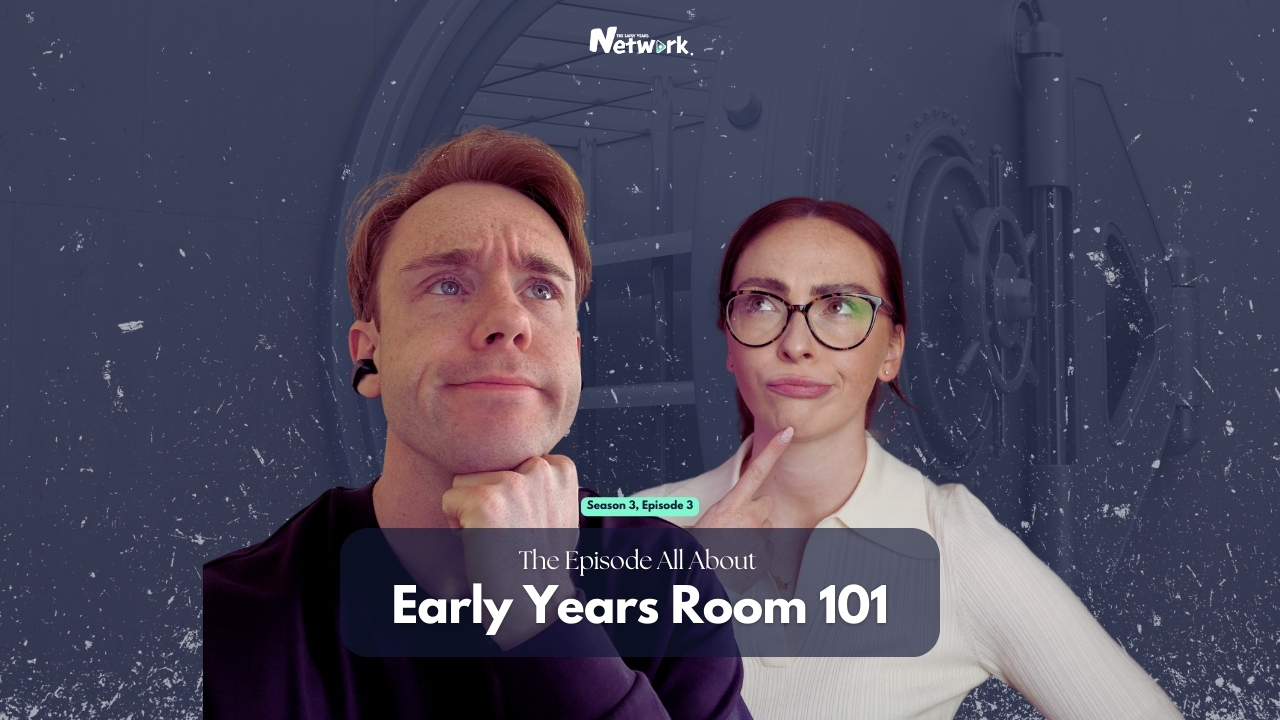


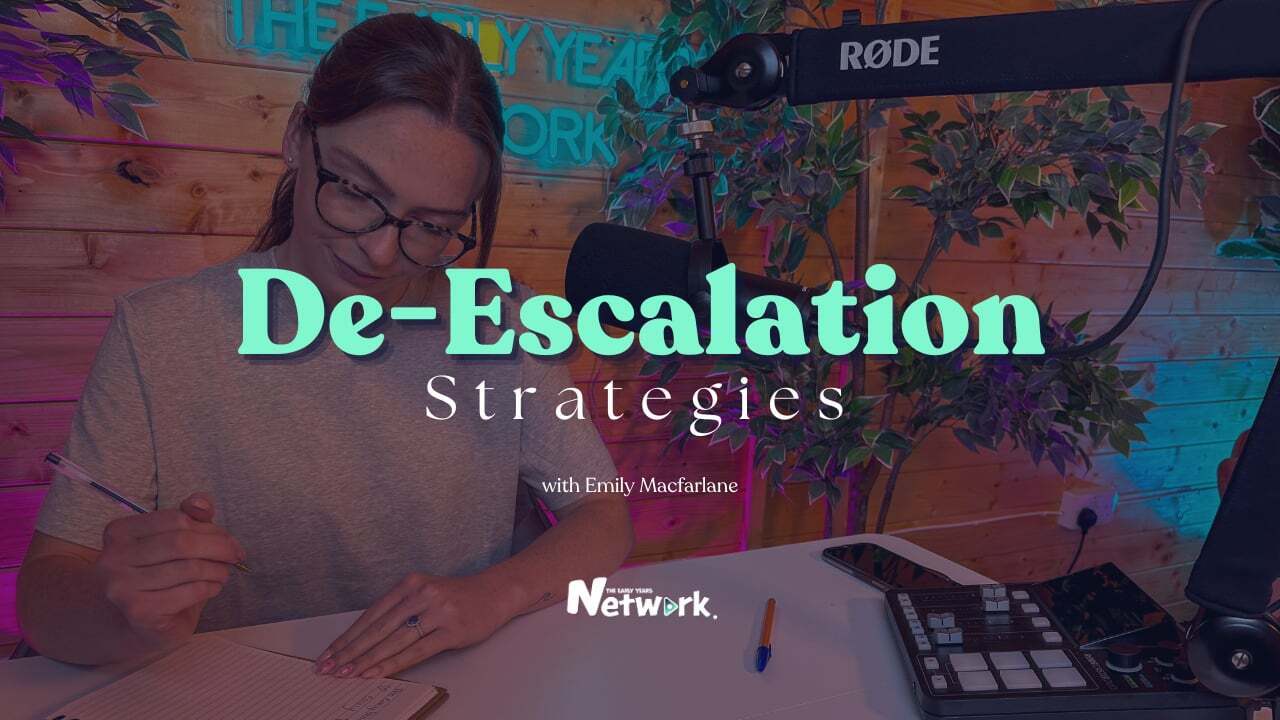
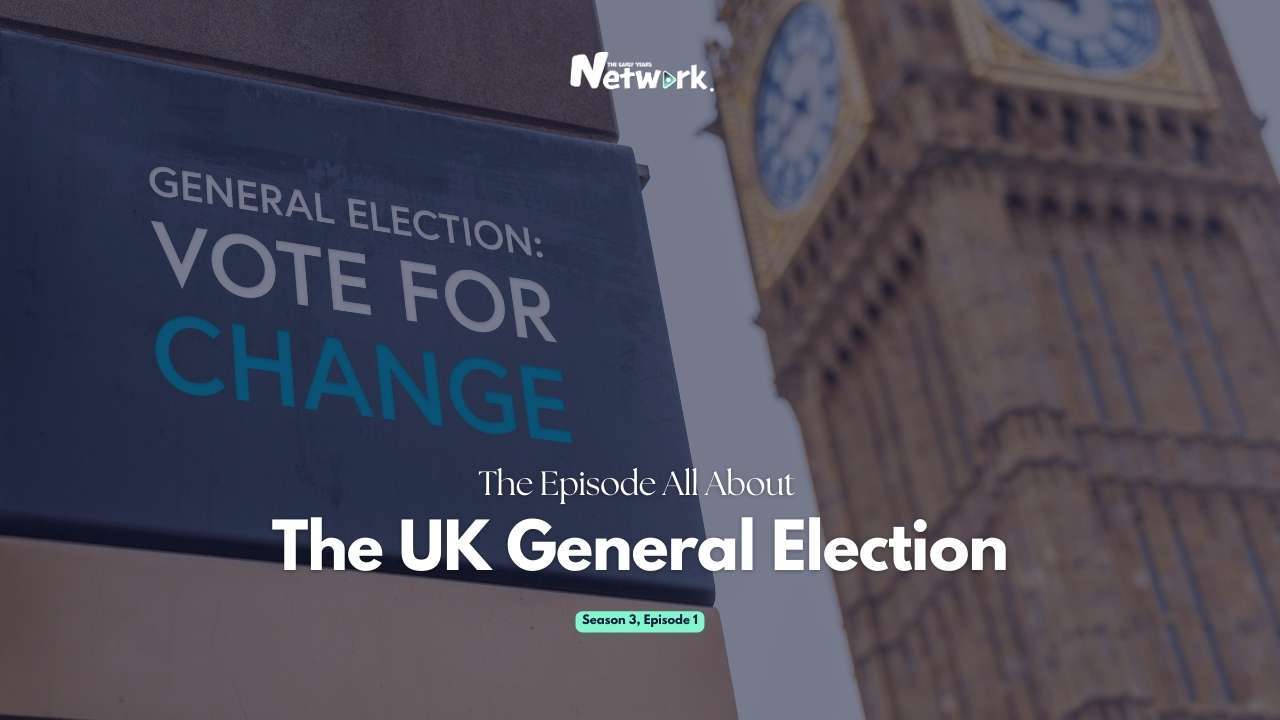




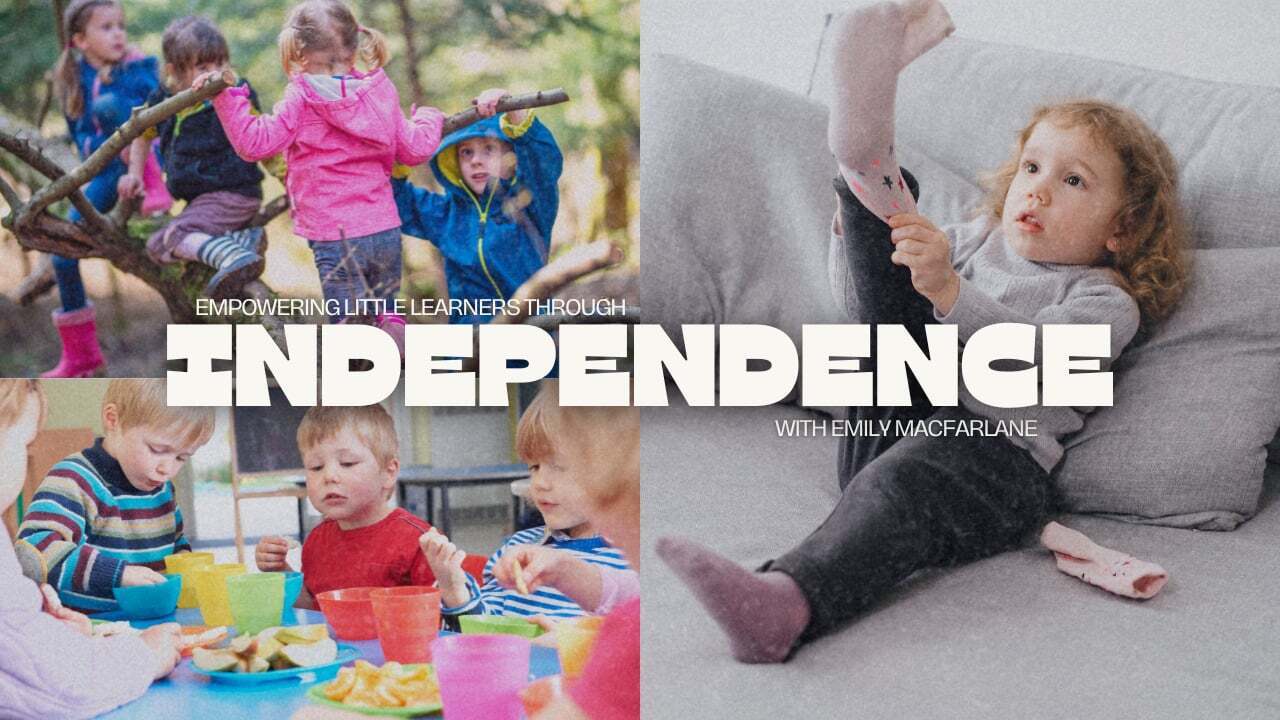
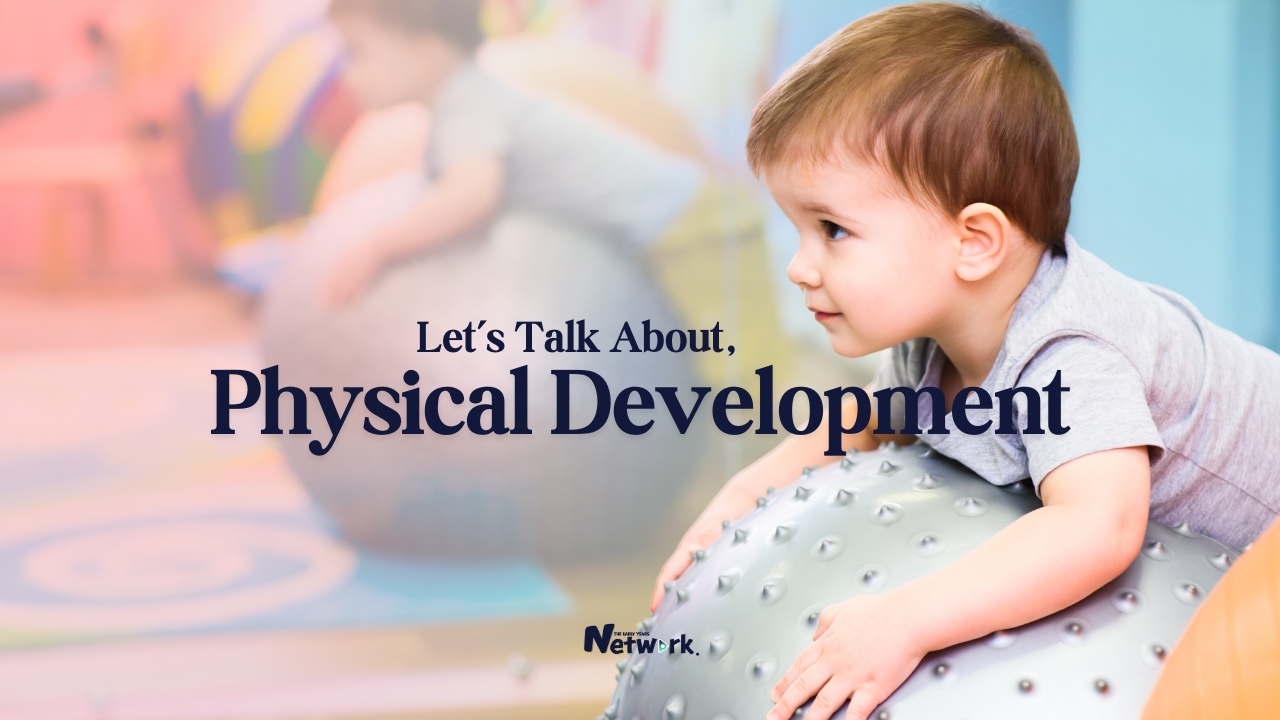
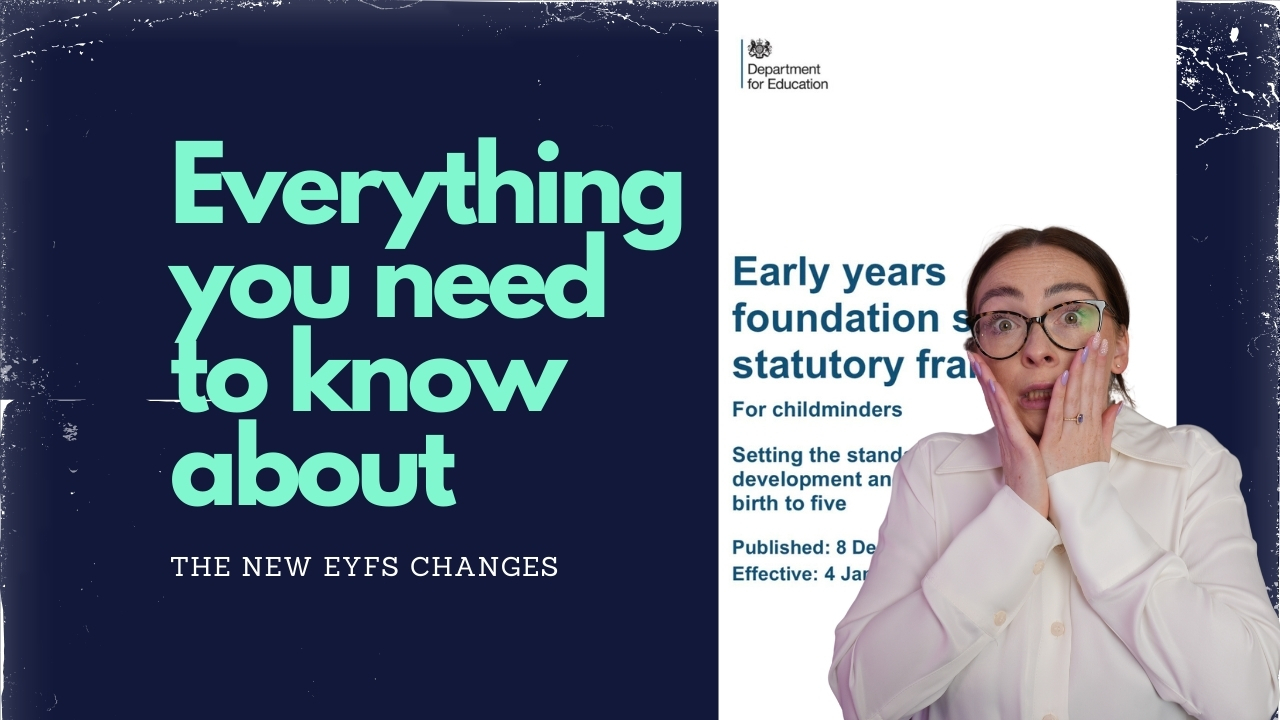

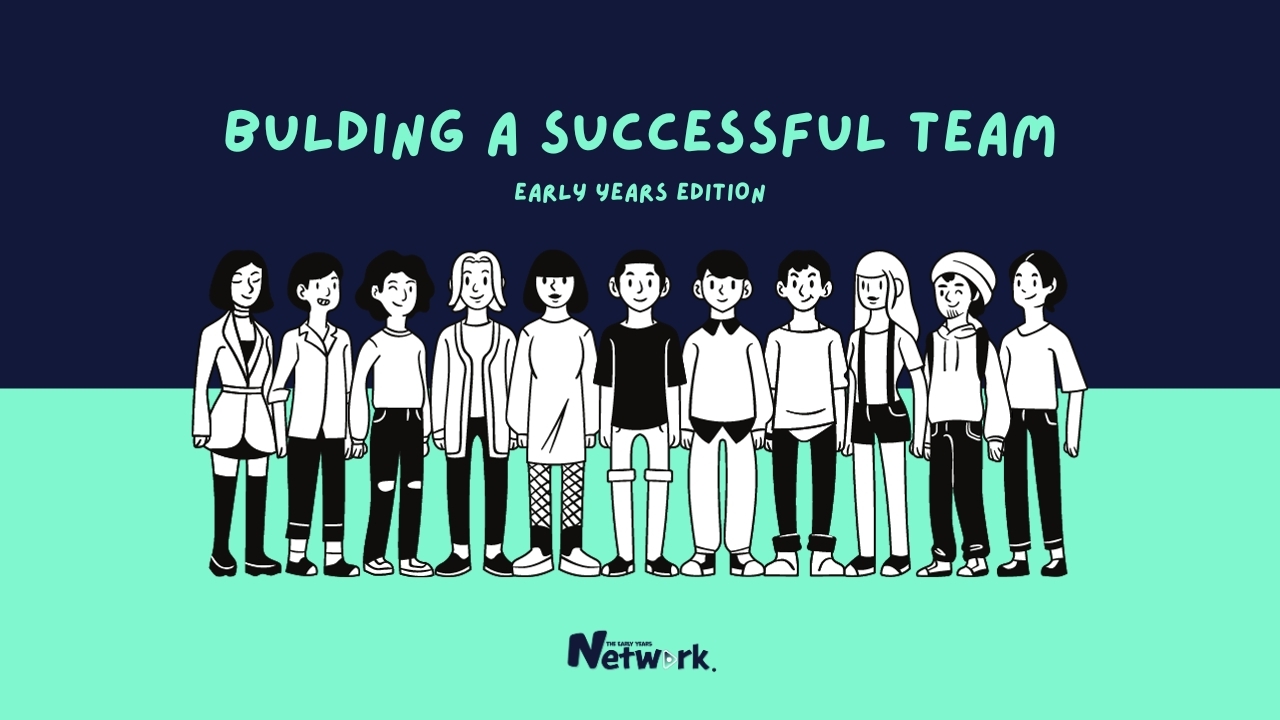

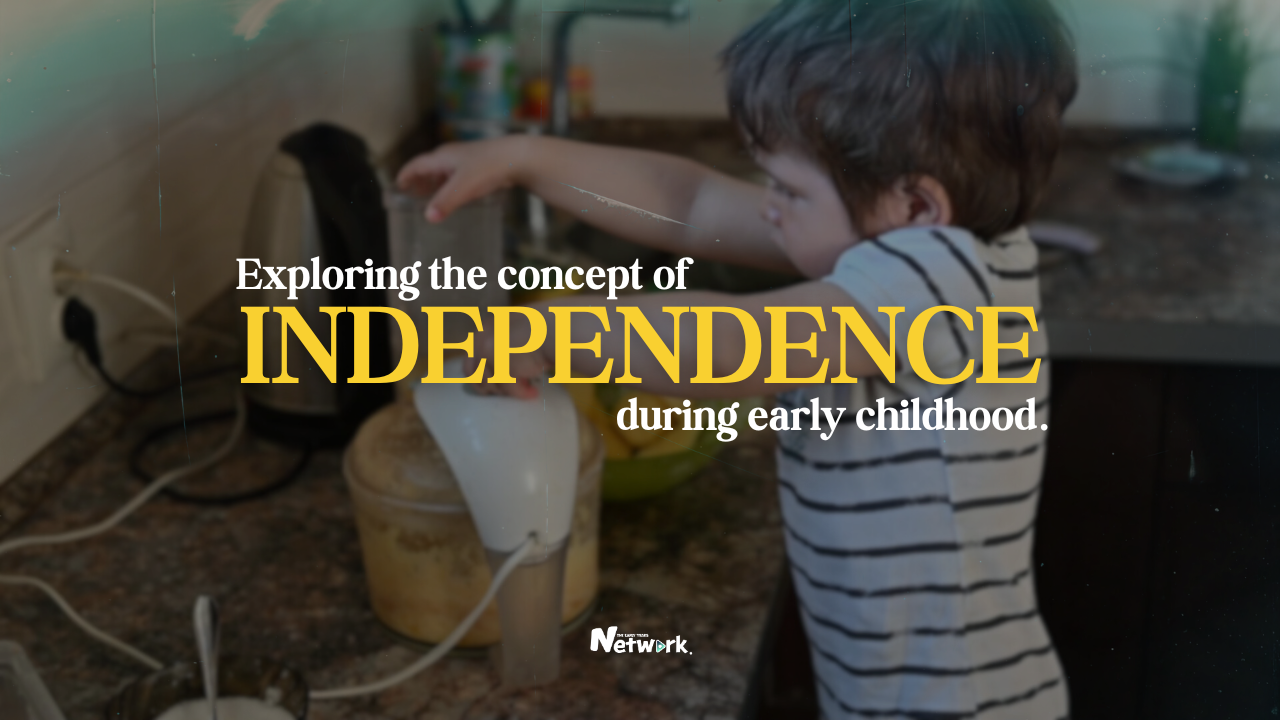
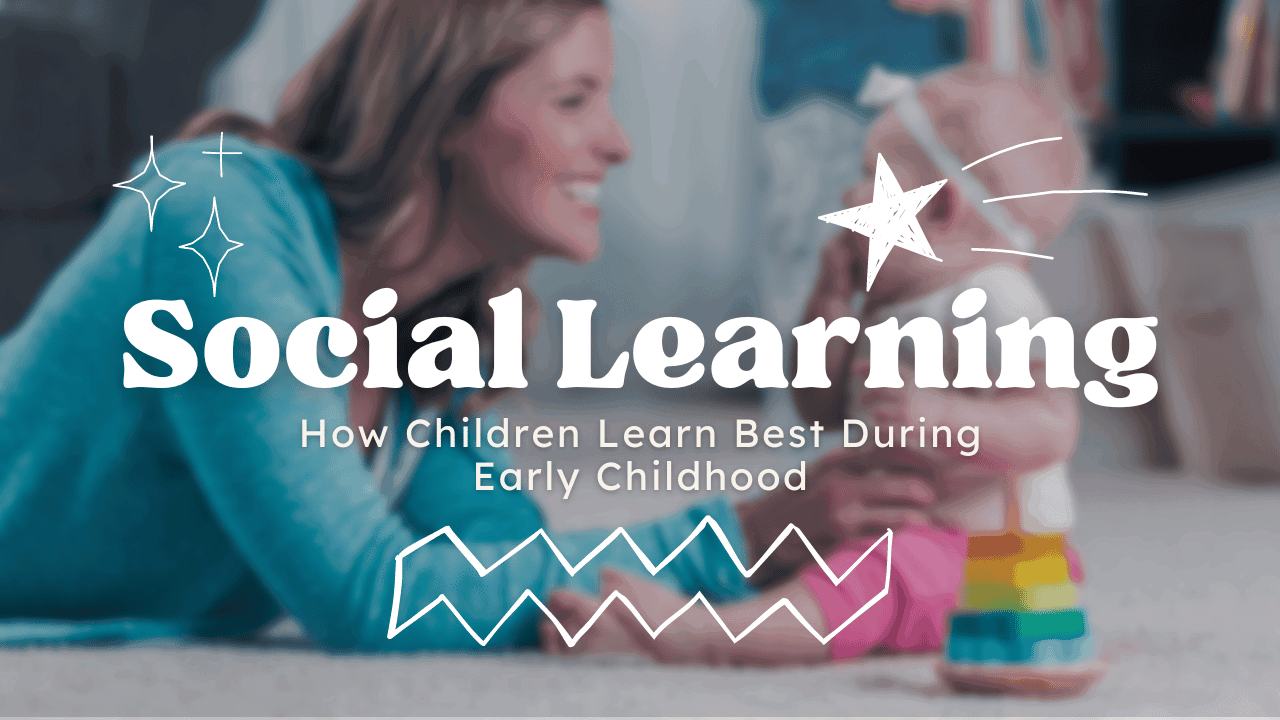


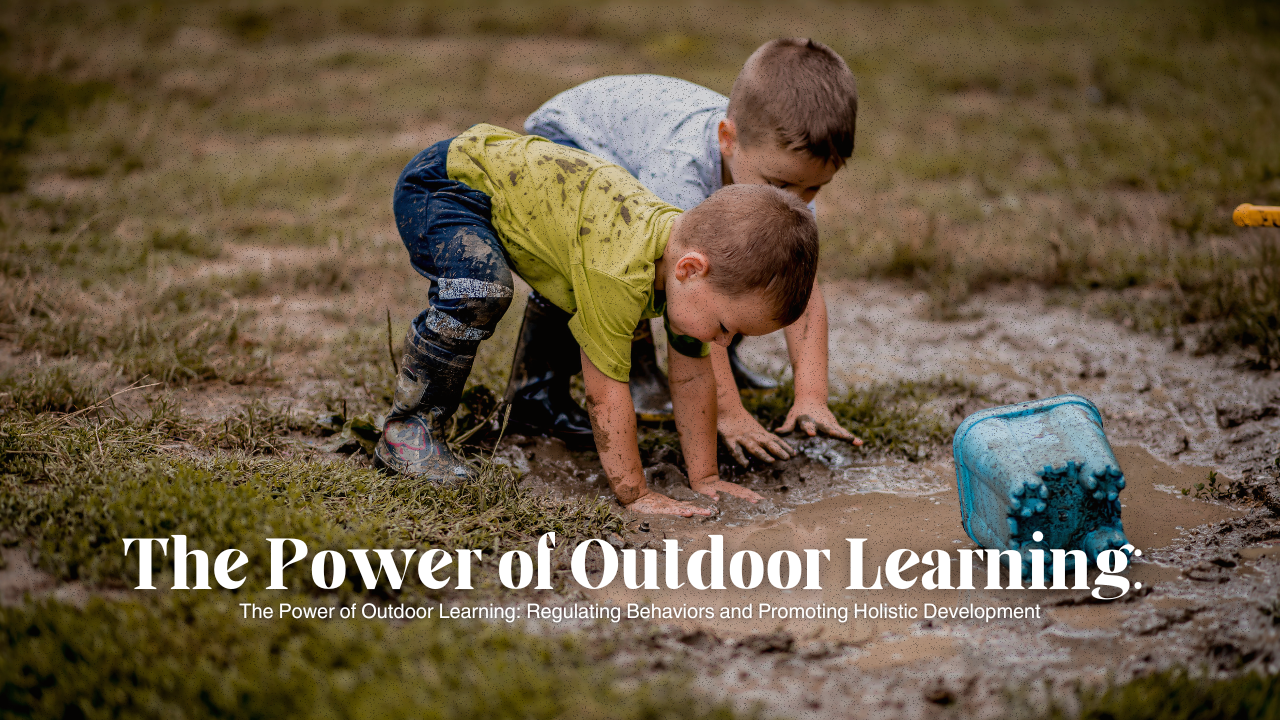
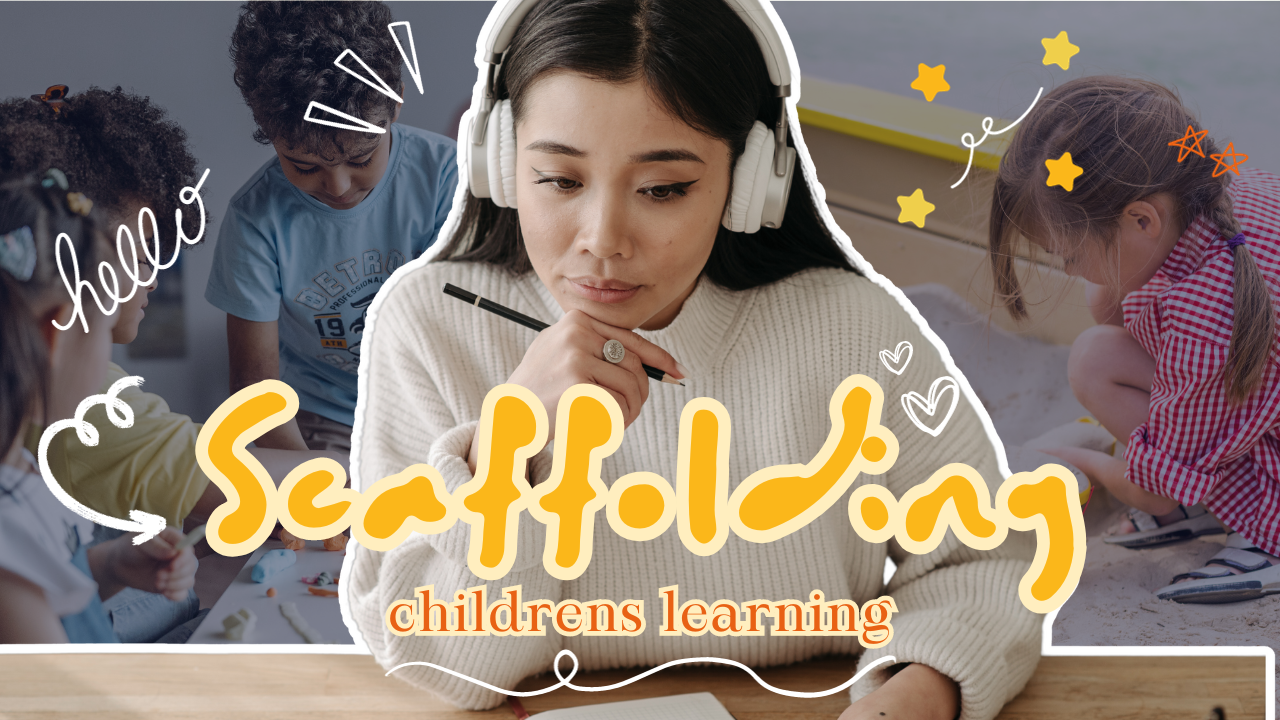

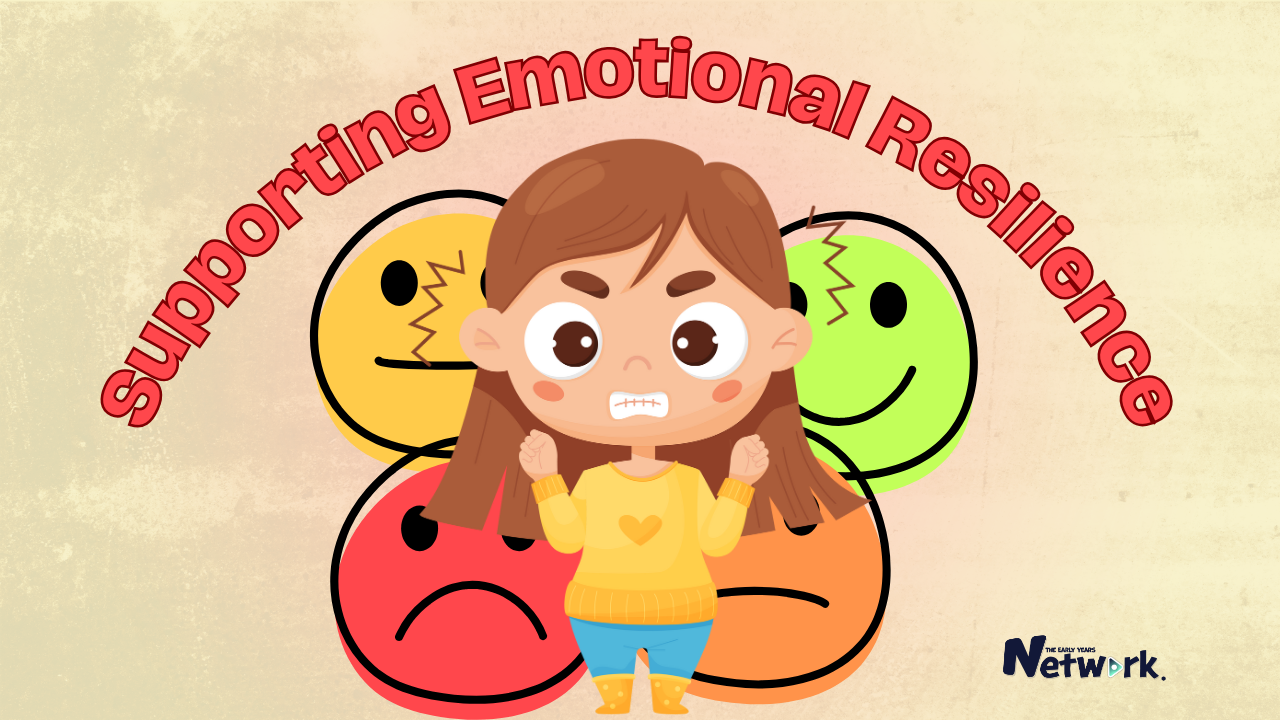
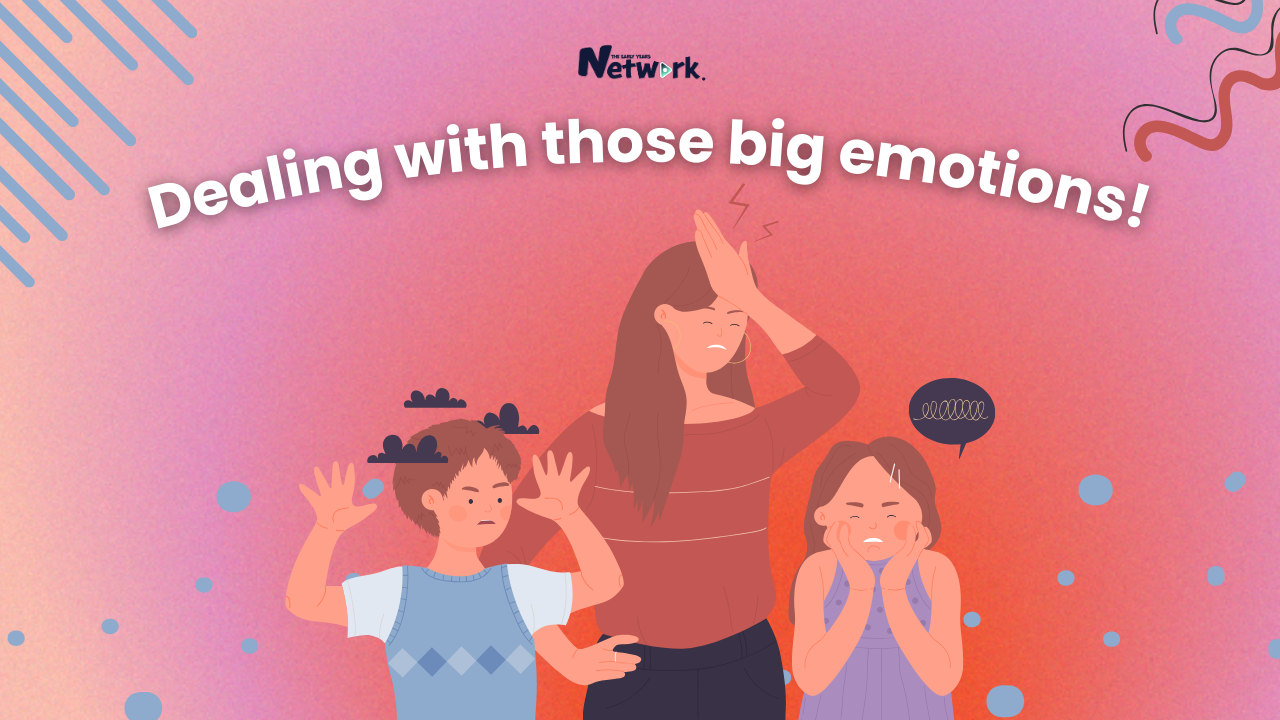
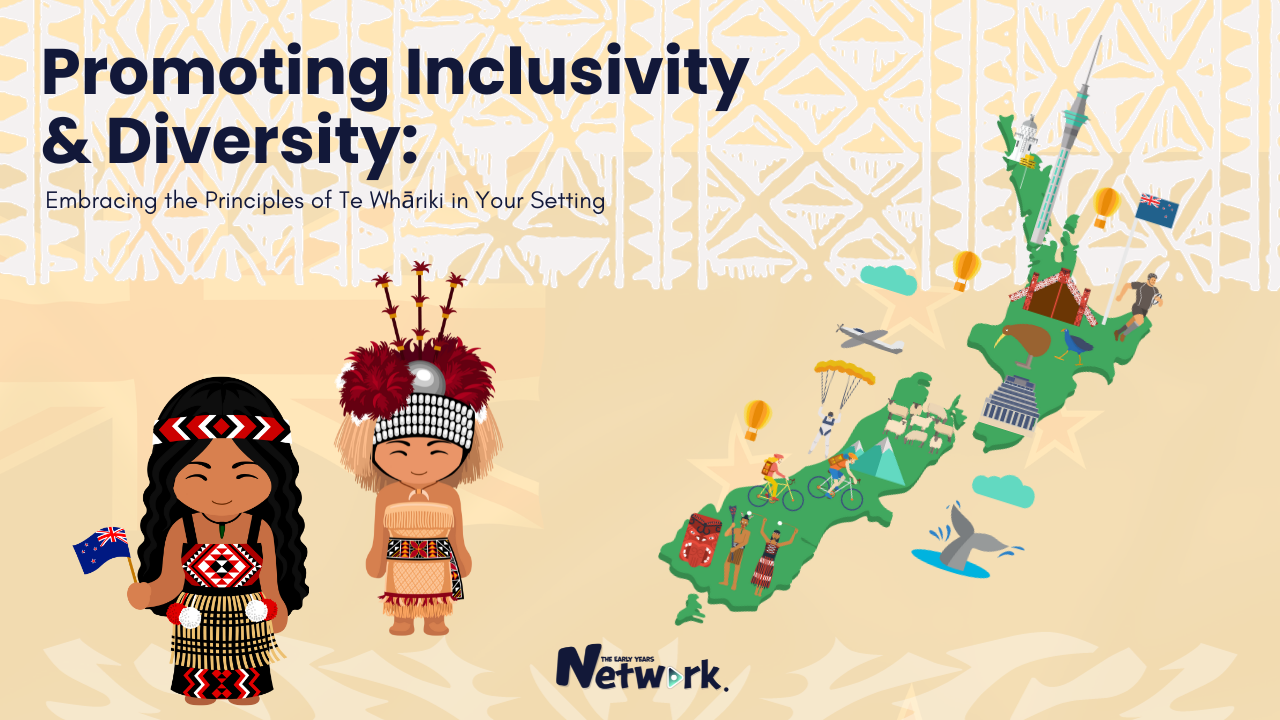
Comments 0
Leave a comment
Only your name will be published. Required fields are marked *